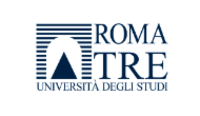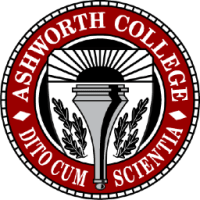Encontre milhares de cursos de graduação no mundo todo.
O que você quer estudar?
Onde você quer estudar?
Comece a sua jornada educativa aqui
Descubra
Navegue por milhares de graduações de todo o mundo.
Compare
Veja os programas lado a lado para encontrar o certo para você.
Inscreva-se
Entre em contato diretamente com os escritórios de admissão das instituições.
Pule tudo disciplinas
Descubra programas por disciplina
Estudos jurídicos
Lei e Regulamentações
Doutorado em Estudos Jurídicos
Direito Constitucional
Direito Administrativo
Direito de Entretenimento









